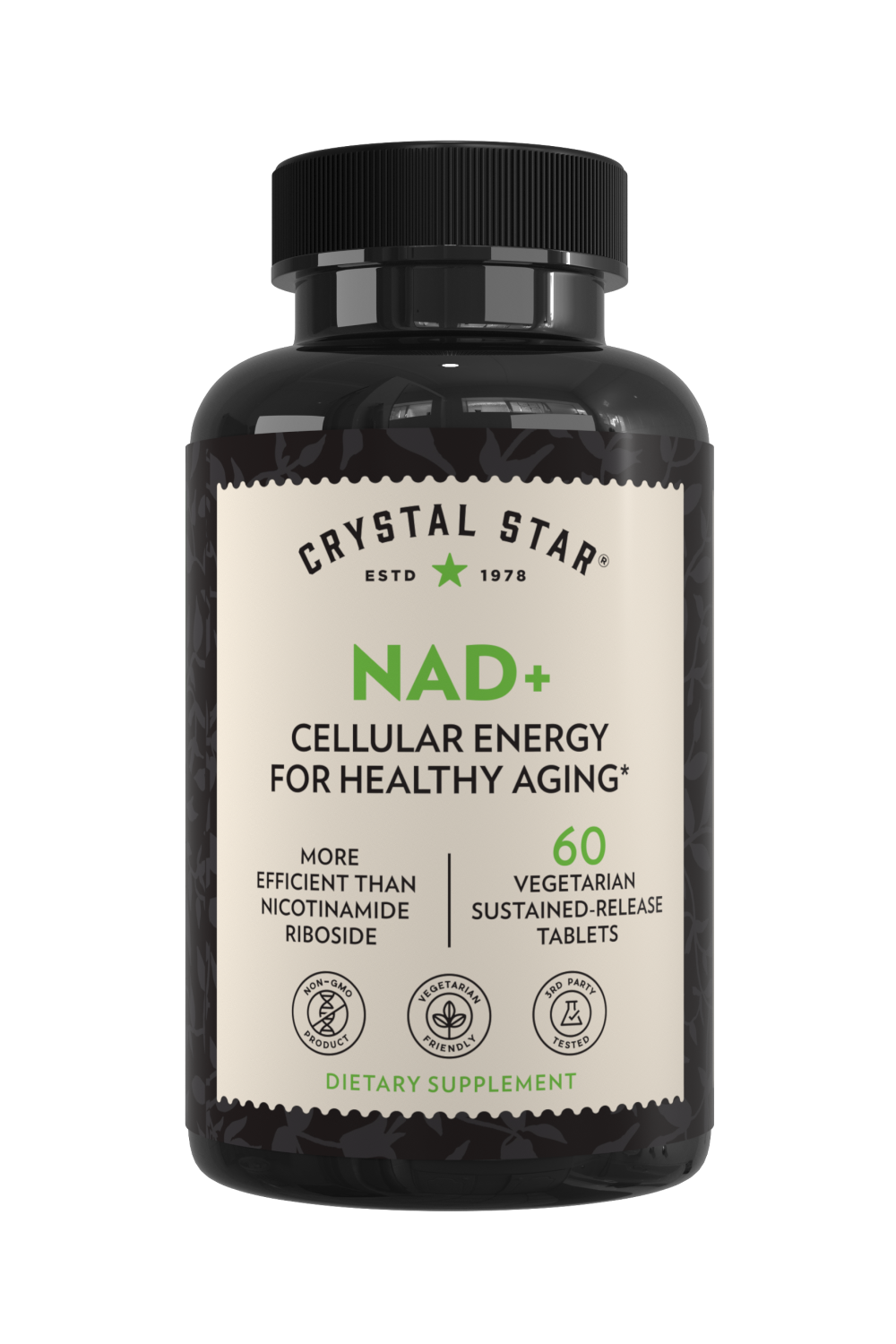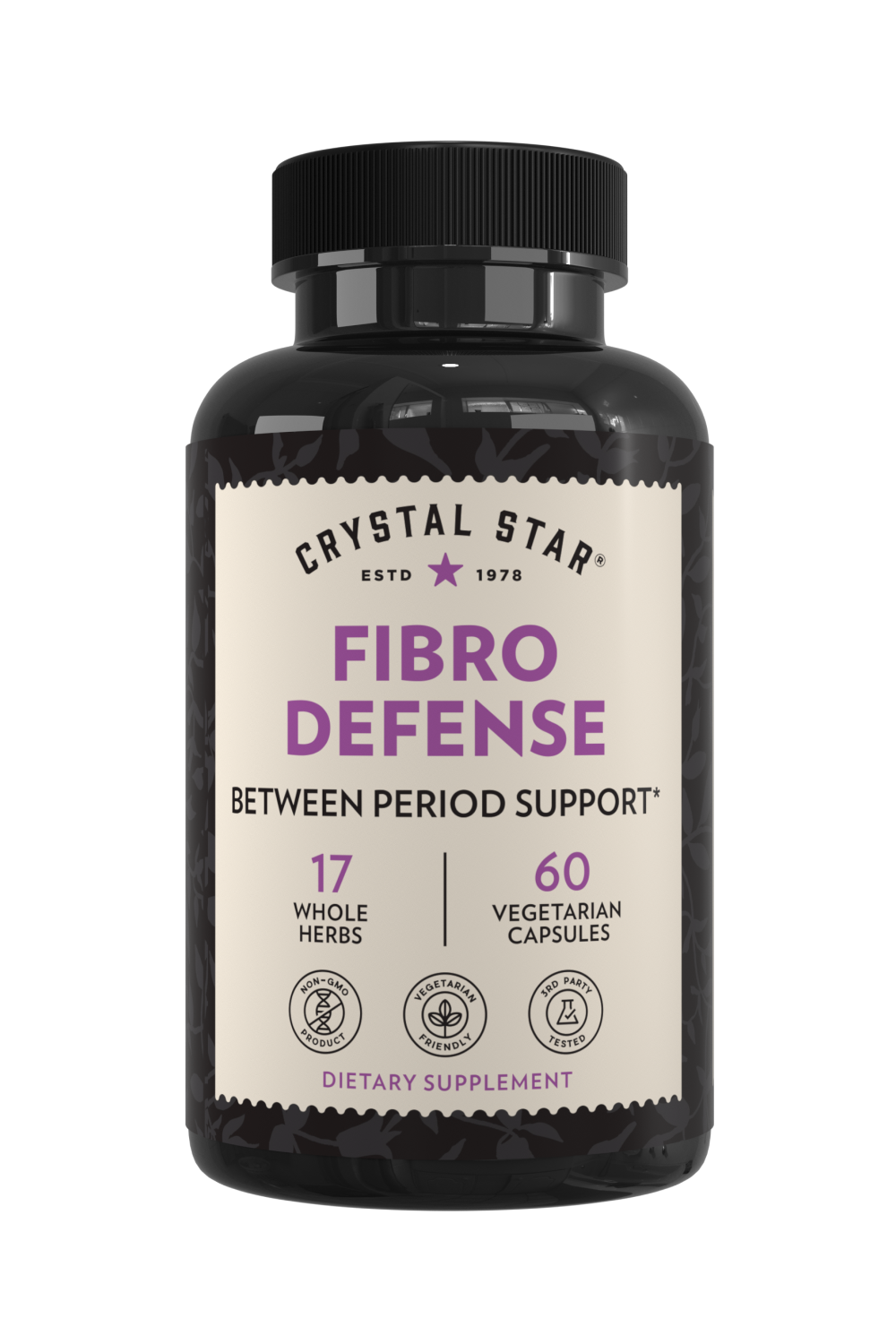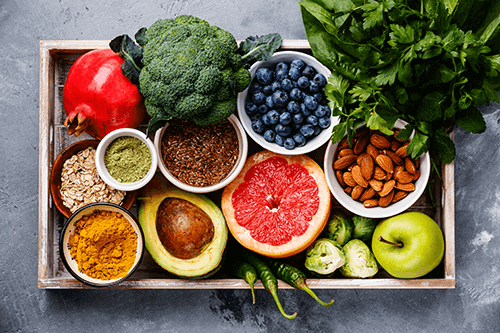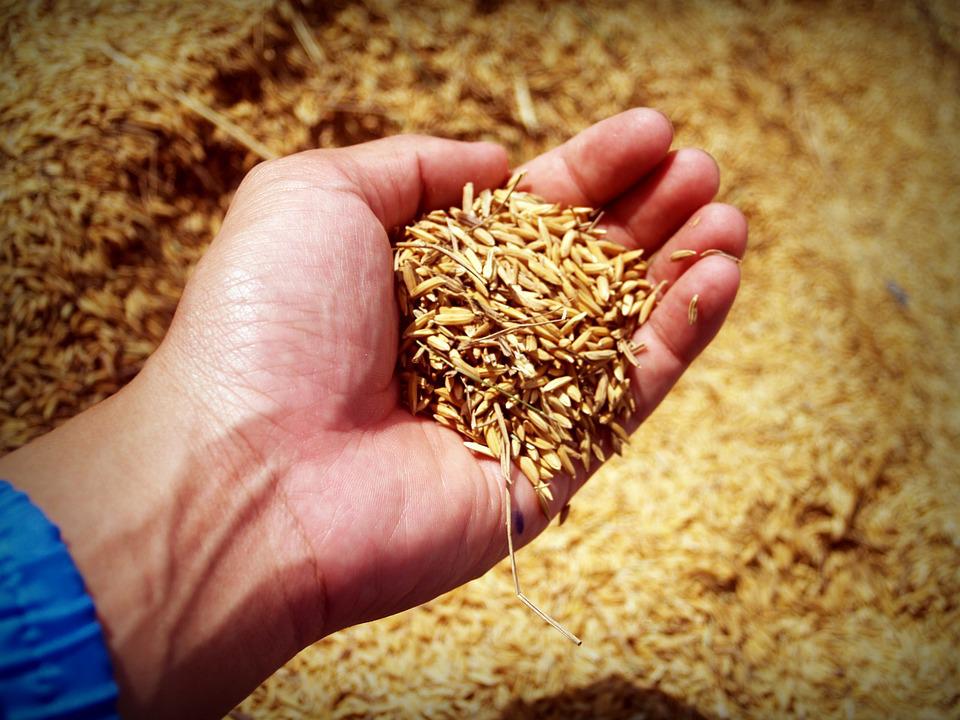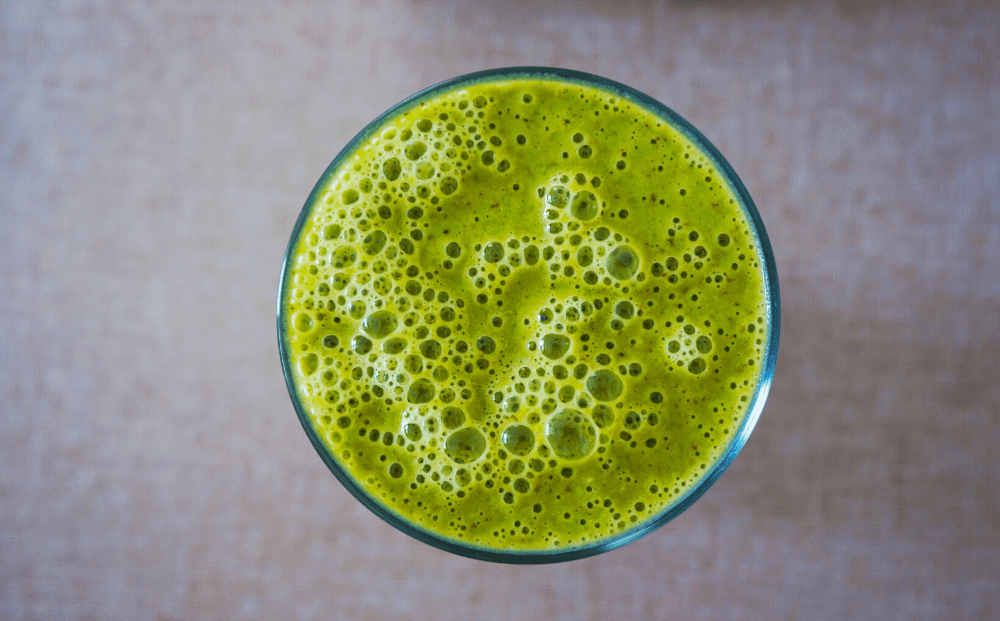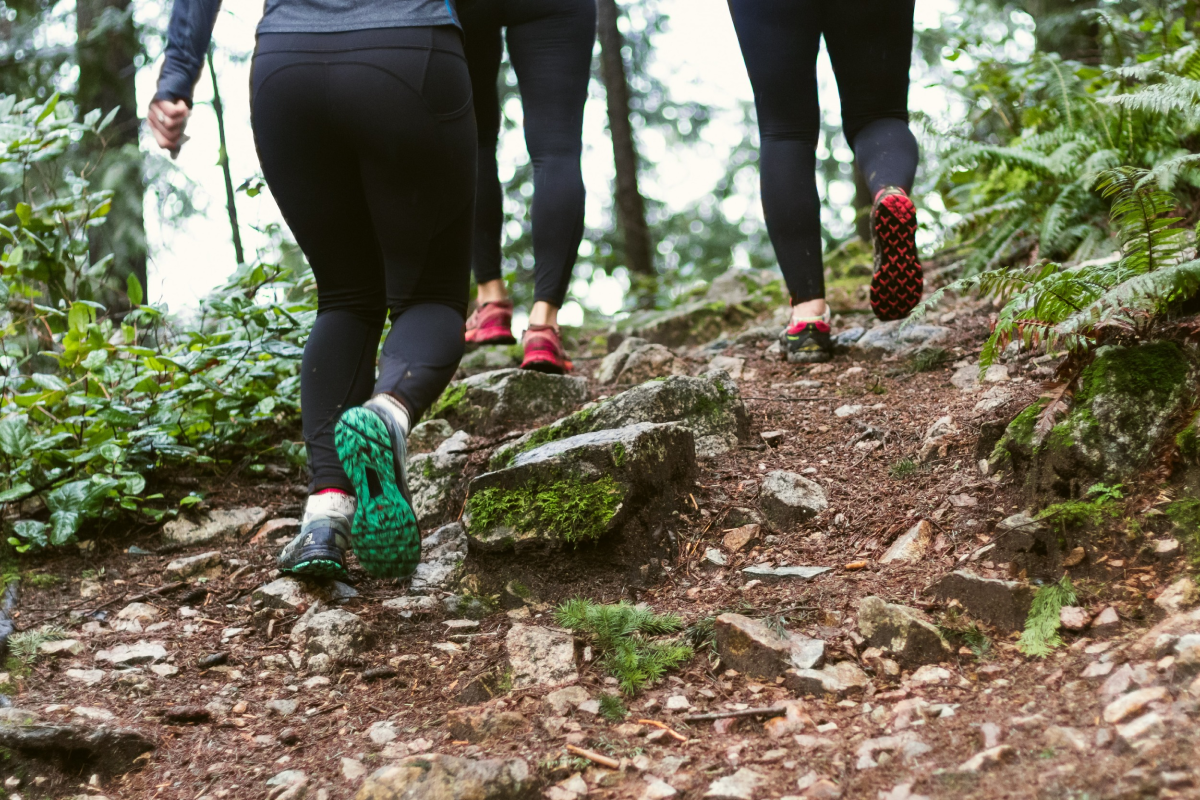
Worried about your immune health? These herbs can help
For many of us, this pandemic is a new experience. It isn’t the first pandemic we’ve seen as a species—and it won’t be the last. But it may be the first that you (or even your parents) have ever encountered first-hand.
We’re learning now that the effects of pandemics can be monumental and ever-changing. We’re constantly facing questions: How can I prevent it? How can I treat it? How can I know what information is real?
In this post, we’re not going to tell you how to prevent or treat COVID-19. No one has those answers yet.
What we will do is cover a topic that we know is important in this pandemic: your immune system.
Below, we’ll cover what your immune system does and how you can support it. We’ll go over specific herbs that can safely boost your immune system while you’re still healthy and give your body extra support in the face of a viral pandemic.
WHAT IS MY IMMUNE SYSTEM?
Your immune system is your body’s primary defense for fighting off pathogens (like viruses) and preventing infections.
Unlike your bodily organs, components of your immune system are distributed throughout your body—including a variety of cells and proteins. Because of this wide range and diversity, targeting an issue in your immune system can be complicated.
Unfortunately, for some individuals, the immune system can respond abnormally. Conditions such as allergies or autoimmune diseases can cause the immune system to respond to a threat that isn’t present and attack the body’s organs, tissues or cells. Other medical conditions that may cause a compromised immune system include HIV, cancer, chemotherapy, and diabetes. [1] [2] [3]
WHICH HERBS CAN SUPPORT MY IMMUNE SYSTEM?

Researchers have confirmed several herbs contain immune-boosting properties. However, there have been no tests for their reactions to the COVID-19 virus. We cannot currently recommend any herb as a protection against or treatment for this novel virus.
Instead, we are recommending herbs you can safely use to support your immune system before you become ill.
Even though we don’t know how to prevent or treat COVID-19, we do know how to support our immune systems.If you believe you may have contracted COVID-19, please consult your doctor before continuing with any of these supplements. While there’s not currently enough information to rule out these herbs, we don’t know how they might affect your body during a COVID-19 infection. That’s especially true if they contain anti-inflammatory properties.
Some research suggests that Advil and other NSAIDs (Nonsteroidal anti-inflammatory drugs) can impair essential white blood cell functions needed to fight off lower-respiratory tract infections. Using NSAIDS may also mask the symptoms that medical workers decide whether you need to be hospitalized.[4]
However, the FDA, WHO, and CDC assess that there’s not currently enough evidence to link anti-inflammatory drugs with negative health outcomes in COVID-19 patients.[5]
HOW DOES ECHINACEA SUPPORT YOUR IMMUNE SYSTEM?

Echinacea is a beautiful purple cone-flower that has boosted immune systems for centuries. It has immunostimulant, anti-viral, anti-microbial, and anti-inflammatory properties.[6]
Echinacea has boosted immune systems for centuries. It’s known as an immunostimulant, anti-viral, anti-microbial, and anti-inflammatory.In one study, researchers tested the immunomodulating abilities of three different species of Echinacea: E. angustifolia, E. pallida, and E. purpurea.
All three species were tested on laboratory mice and significantly increased their antibody response. The mice treated with E. angustifolia and E. pallida also had increased killer-T cells. When taken together, these three Echinacea species exhibited wide-spectrum benefits for both natural and adaptive immune responses.[7]
Echinacea is one of the most commonly used herbal therapies in the world. However, more studies with human subjects are needed to know exactly how it functions inside the body.
You can find Echinacea as a capsule, tablet, tea, or tincture online or in stores.
To learn more about Echinacea and its dosages, check out our post: Echinacea is an immunity ally. How else can it affect your health?
CAN EATING SHIITAKE MUSHROOMS SUPPORT YOUR IMMUNE SYSTEM?

Shiitake mushrooms aren’t just a tasty addition to your stir fry, they also contain immune-boosting properties.
Researchers found that compounds from shiitake mushrooms may be able to address age-related immune issues, therefore adding extra benefit for older individuals.In 2015, one study explored how the human immune system reacts to daily shiitake consumption. For four weeks, 52 healthy subjects consumed 5-10 g of shiitake mushrooms daily. By the end of the study, the mushrooms had significantly affected the subjects’ immune systems. They experienced three benefits:
- An increase in beneficial immune cells (gamma delta T and natural killer T)
- Improved immune cell activation
- An increase in mucous membrane antibodies (immunoglobulin A), which could improve gut immunity.[8]
A study in mice showed similar results, with a unique twist. The researchers found that compounds from shiitake mushrooms may be able to address age-related immune issues, therefore adding extra benefit for older individuals. However, more human studies are needed to confirm these results.[9]
You can find shiitake as a whole food or as a supplement in stores and online. Dosages depend on several factors including, health status, age, and form of the mushroom. However, two to three shiitake mushrooms a day for a month appears to be a safe and effective way to boost your immune system.
For more on the amazing health benefits of mushrooms, check out Phenomenal fungus: Why mushrooms are the newest superfood.
IS ASTRAGALUS AN IMMUNE-BOOSTER?

Astragalus is a plant commonly used in traditional Chinese medicine for its multiple therapeutic properties.
Astragalus can activate macrophages (large white blood cells that digest foreign pathogens) and help modulate the immune system.It contains polysaccharides, saponins, and flavonoids (all beneficial plant compounds) and can be a helpful antioxidant and anti-inflammatory.[10] Some in vitro (petri dish) studies suggest that astragalus can also activate macrophages (large white blood cells that digest foreign pathogens) and help modulate the immune system.[11]
In a 2019 study, researchers tested the effects of astragalus on immunosuppressed mice. For 18 days, the mice consumed a low dose of an astragalus extract. At the end of the study, the mice showed an improvement in body weight, white blood cell counts, thymus and spleen function, and natural killer cell activity.[12]
However, more research is needed to fully understand the immunomodulatory effects of astragalus in the human body.
Please note that astragalus may decrease the efficacy of autoimmune medications and is not recommended for long term use. If you are pregnant or breastfeeding, or have any health complications, please consult your healthcare practitioner for guidance.[13]
You can find astragalus root in capsules, liquid extracts, decoctions, and teas.
OTHER IMMUNE-SUPPORTING HERBS
Several other herbs and whole foods can help support your immune system:
- Honey can boost the immune system by activating white blood cells.[14]
- Green tea stimulates T cells that help fight off infections.[15]
- Ginger enhances the activity of lysozymes—enzymes that fight incoming pathogens.[16]
- Black elderberries can increase cytokines—proteins that regulate immune responses.[17]
But please keep in mind: during the COVID-19 pandemic, we do not know how these herbs will interact with the virus. So if you plan on using herbs for immune support, please do so only before infection unless advised by your physician.
WHAT CAN I DO TO SUPPORT MY IMMUNE SYSTEM DURING A VIRAL PANDEMIC?
Even though we don’t know how to prevent or treat COVID-19, we do know how to support our immune systems.
Herbs like echinacea, astragalus, and shiitake mushrooms have science-backed immune-boosting powers.
However, many herbal remedies contain anti-inflammatory components. While researchers don’t have enough information to rule out specific herbs or drugs, there’s a chance that some may cause complications if used during a COVID-19 infection.
If you believe you have COVID-19 symptoms, please consult your physician for more information before continuing with your supplement regimen.
Other safe and straightforward ways to support your immune function include exercise, a nutritious diet, and healthy amounts of sleep.[18] [19] [20]
But the best way to support yourself and avoid contracting COVID-19 is to follow guidelines from trusted health organizations such as the CDC and the WHO. Remember to wash your hands frequently (for 20+ seconds), avoid touching your face, practice social distancing, and cover your face with a cloth mask when in public spaces.
Amie Durenberger is a professional naturalist and science journalist located in Minneapolis, Minnesota. Since 2013, she has worked as an environmental educator, teaching children and adults about biodiversity, conservation, and edible & medicinal plant uses. Her favorite herbal preparations include fresh nettle tea, homemade plantain salve, and wild sumac lemonade.
Resources:
[1] https://www.niaid.nih.gov/research/immune-system-overview
[2] https://primaryimmune.org/immune-system-and-primary-immunodeficiency
[3] https://www.ncbi.nlm.nih.gov/pmc/articles/PMC3354930/
[4] https://www.ncbi.nlm.nih.gov/pmc/articles/PMC6617416/
[6] https://www.ncbi.nlm.nih.gov/pmc/articles/PMC6278270/
[7] https://www.ncbi.nlm.nih.gov/pmc/articles/PMC2362099/
[8] https://www.ncbi.nlm.nih.gov/pubmed/25866155
[9] https://www.ncbi.nlm.nih.gov/pubmed/26135107
[10] https://www.ncbi.nlm.nih.gov/pubmed/26916911
[11] https://www.ncbi.nlm.nih.gov/pubmed/22695229
[12] https://www.ncbi.nlm.nih.gov/pmc/articles/PMC6438022/
[13] http://pennstatehershey.adam.com/content.aspx?productid=107&pid=33&gid=000223
[14] https://www.ncbi.nlm.nih.gov/pmc/articles/PMC5822819/
[15] https://www.ncbi.nlm.nih.gov/pubmed/23835657
[16]https://www.lab-worldwide.com/lemons-and-ginger-stimulate-molecular-defenses-in-saliva-a-725509/
[17] https://www.ncbi.nlm.nih.gov/pubmed/11399518
[18] https://www.ncbi.nlm.nih.gov/pmc/articles/PMC6523821/

